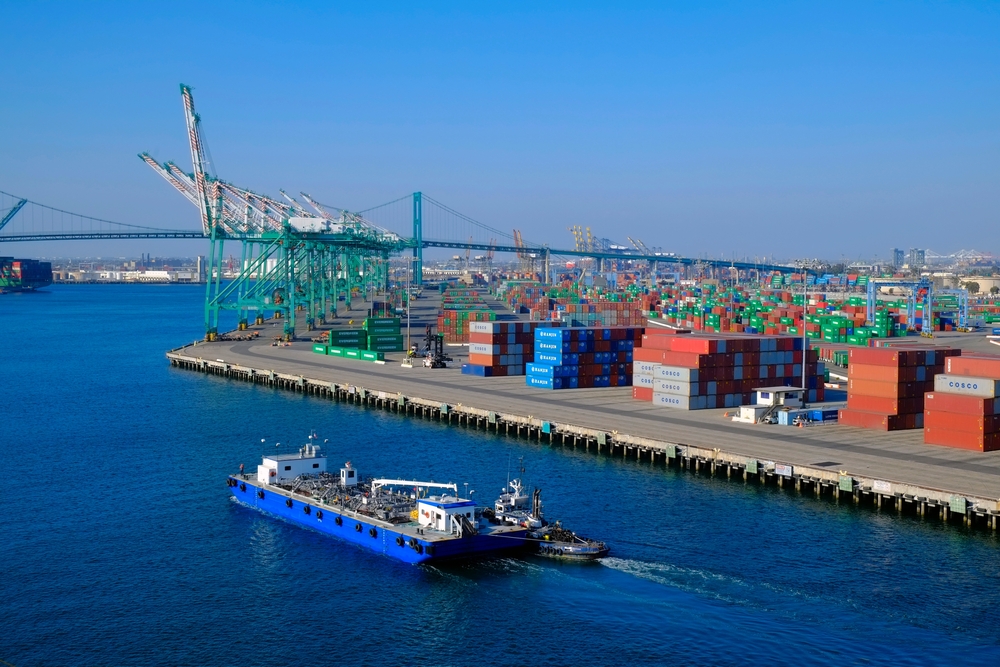
Volvo Car AB has announced it will take full ownership of NOVO Energy, a joint venture with Northvolt AB aimed at building a large-scale battery manufacturing facility on Sweden’s west coast. This strategic move follows Northvolt’s inability to meet its financial obligations under their shareholders’ agreement. The decision underscores the mounting challenges facing battery production as electric vehicle (EV) demand softens and as battery manufacturers like Northvolt struggle to compete in an increasingly crowded market.
The Shift in Ownership and Project Status
Volvo’s invocation of its redemption rights marks a turning point in the NOVO Energy partnership. Northvolt’s financial struggles forced Volvo to assume sole control of the project, allowing it to determine the path forward for the Gothenburg-based plant. Kristin Boldemann Wester, a spokeswoman for Volvo, confirmed that while Volvo now has full ownership, any future battery production will require a third-party or alternative partner, indicating that Volvo does not plan to produce batteries independently.
Meanwhile, Northvolt announced that it will no longer invest in NOVO Energy, prioritizing its other production sites in Sweden and forthcoming facilities in Canada and Germany. This pullback reflects Northvolt’s broader strategy to conserve resources amid ongoing financial strain. “We remain in active and constructive dialogue with Volvo Cars on the way forward for NOVO Energy,” said Northvolt spokesman Martin Hofelmann.
Northvolt’s Financial Woes and Industry Pressures
Northvolt has been grappling with a liquidity crisis as it faces difficulties scaling its primary production plant in northern Sweden. This expansion, meant to establish Northvolt as a European battery powerhouse, quickly depleted cash reserves, exacerbating the company’s financial challenges. Northvolt is now working on an emergency funding round expected to raise around $300 million, a move aimed at stabilizing its finances and addressing its production issues.
Originally, Northvolt had ambitious expansion plans across Europe and North America, which included the NOVO Energy venture and a wide network of plants to compete with lower-cost Chinese battery manufacturers. However, due to a series of operational and financial setbacks, these plans have been put on hold, and the company has redirected its focus to fewer sites to maintain financial stability. Cooling EV demand in critical markets has further compounded Northvolt’s financial challenges, leaving the company to reassess its strategy for long-term growth and sustainability.
NOVO Energy’s Future and Timeline Adjustments
The NOVO Energy factory in Gothenburg was envisioned as a cornerstone of Volvo’s electrification strategy. Initially launched in 2021 with a shared 50% stake between Volvo and Northvolt, the plant was projected to represent a $2.8 billion investment, with a planned capacity to produce 50 gigawatt-hours of batteries annually—enough to power approximately 500,000 electric vehicles. Construction began in March 2023, and production was slated to start by 2026. However, Volvo spokesperson Wester indicated that the production timeline is now under review, with “different future scenarios” being considered. To date, Volvo has invested 3 billion kronor into NOVO Energy.
The transition in NOVO Energy ownership reflects broader trends in the auto industry, where several leading automakers are reassessing their EV goals. Volvo, for example, recently abandoned its commitment to go fully electric by the end of the decade, citing weaker-than-expected demand. This decision aligns with moves by other automakers, including Volkswagen, Northvolt’s largest shareholder, which recently reported its lowest profit margin since the pandemic and is closing three German factories amid rising costs and softening market demand.
Implications for Volvo and Northvolt
For Volvo, assuming control of NOVO Energy allows the carmaker to maintain its focus on EV production while seeking new partners to support its battery production goals. The restructuring also provides Volvo an opportunity to secure its battery supply chain as it navigates shifting market dynamics. For Northvolt, redirecting its capital and scaling down its production ambitions may provide the breathing room needed to regain financial stability.
Source:











Leave a Comment